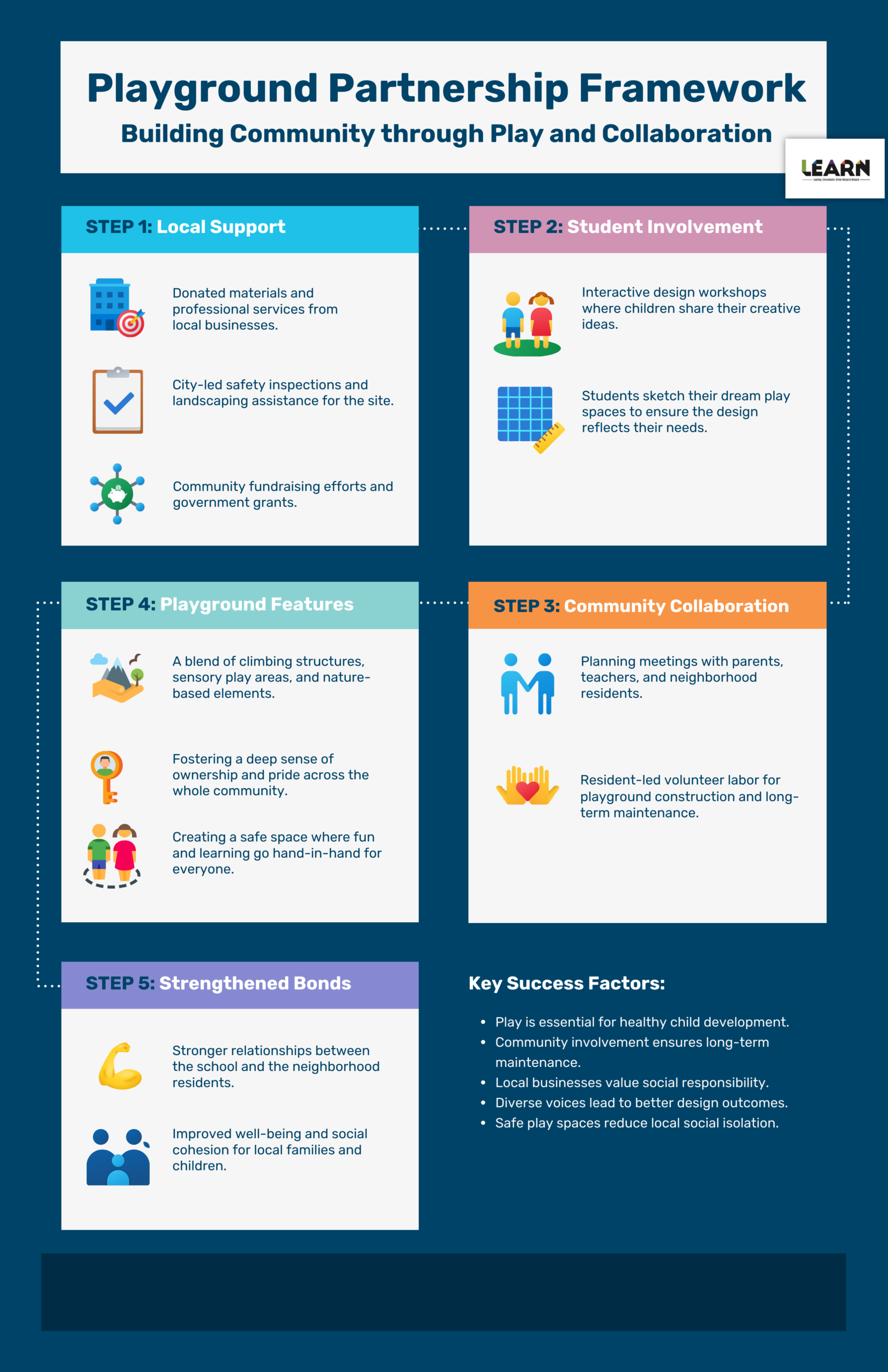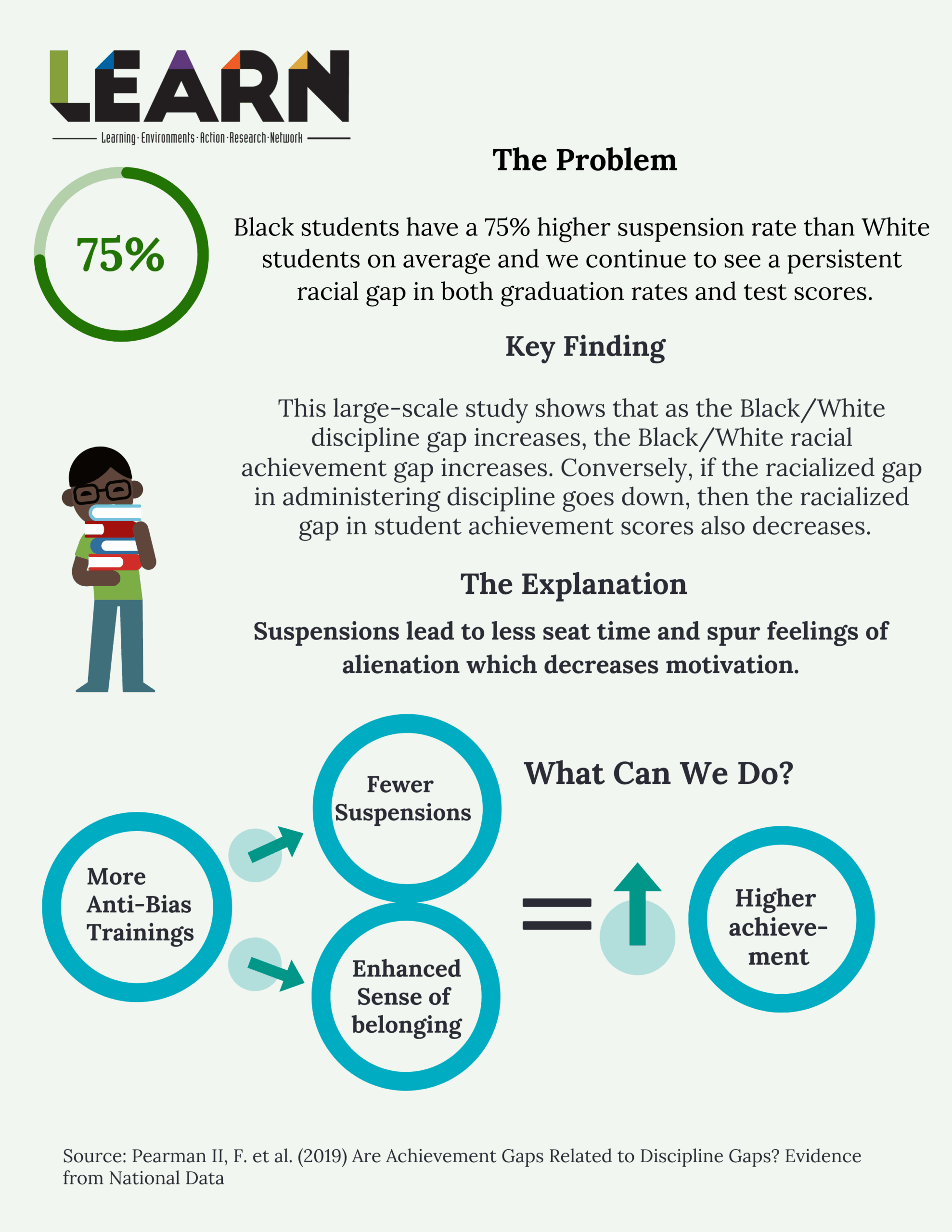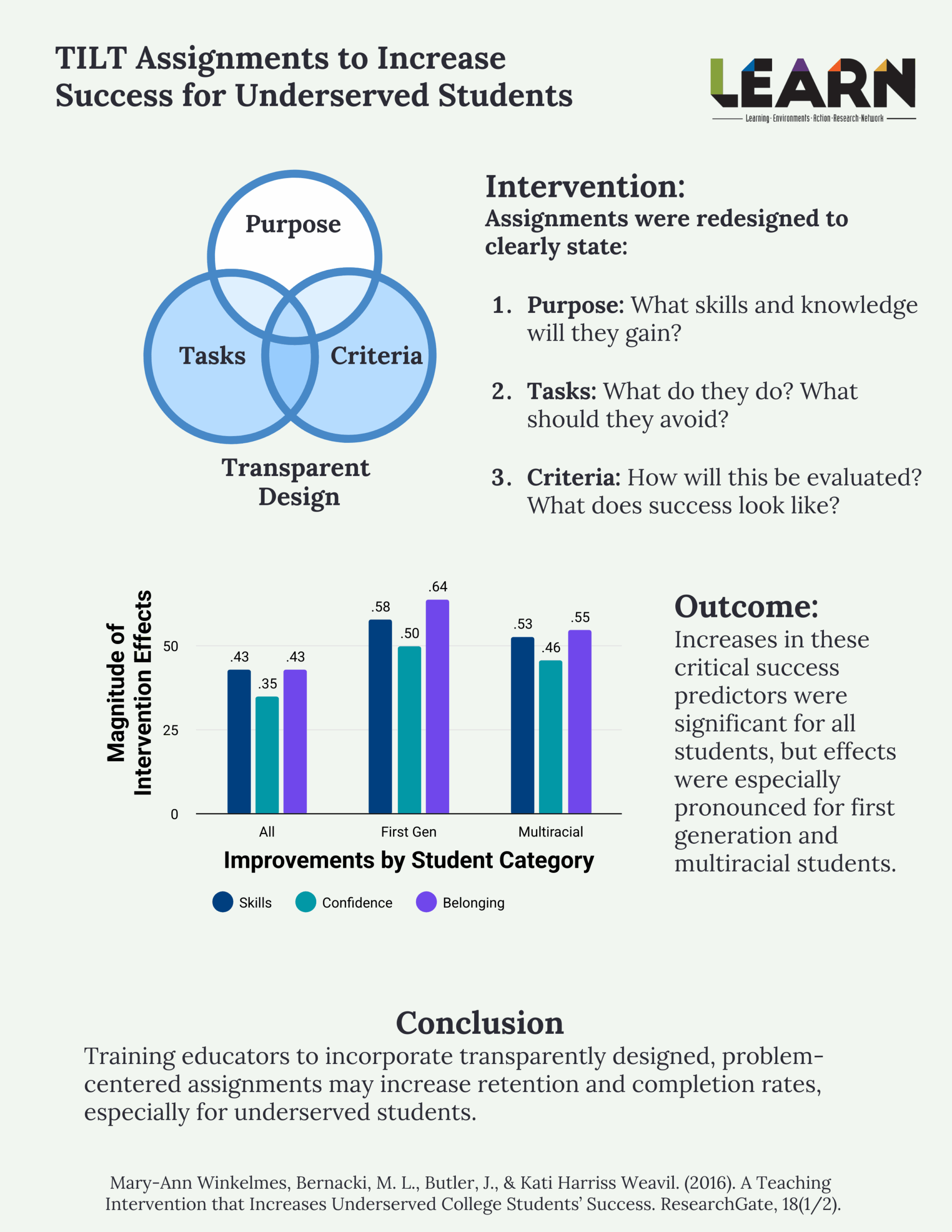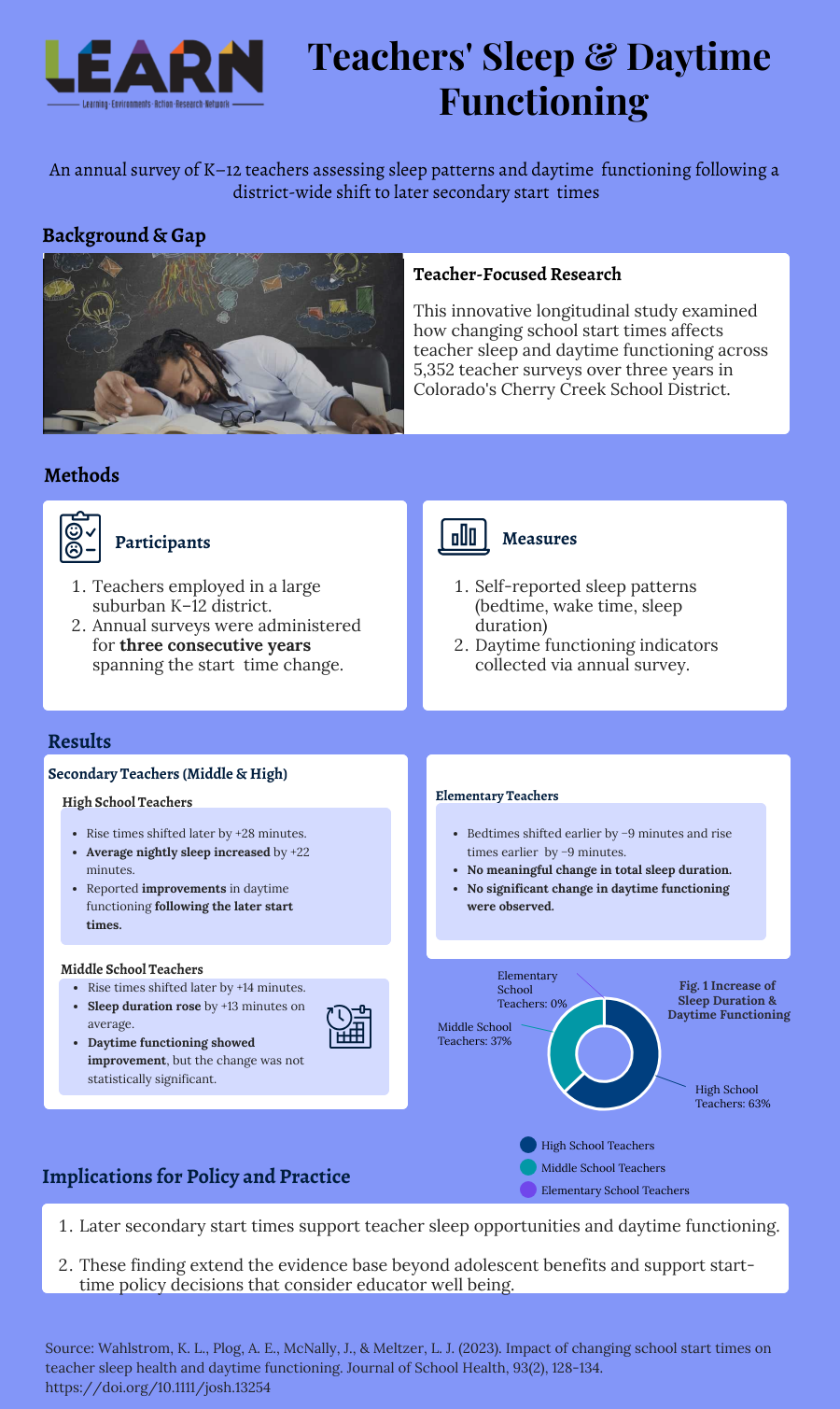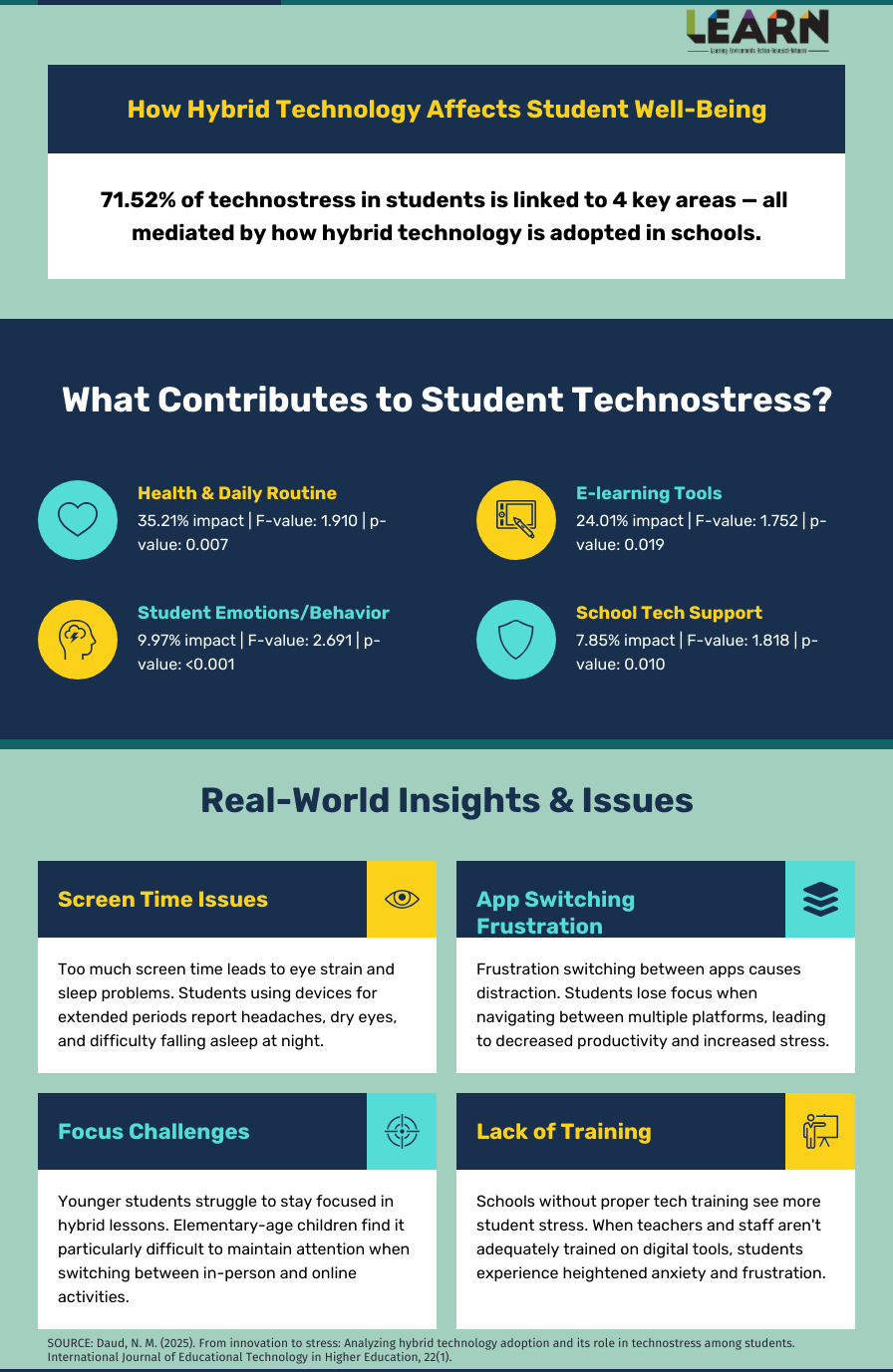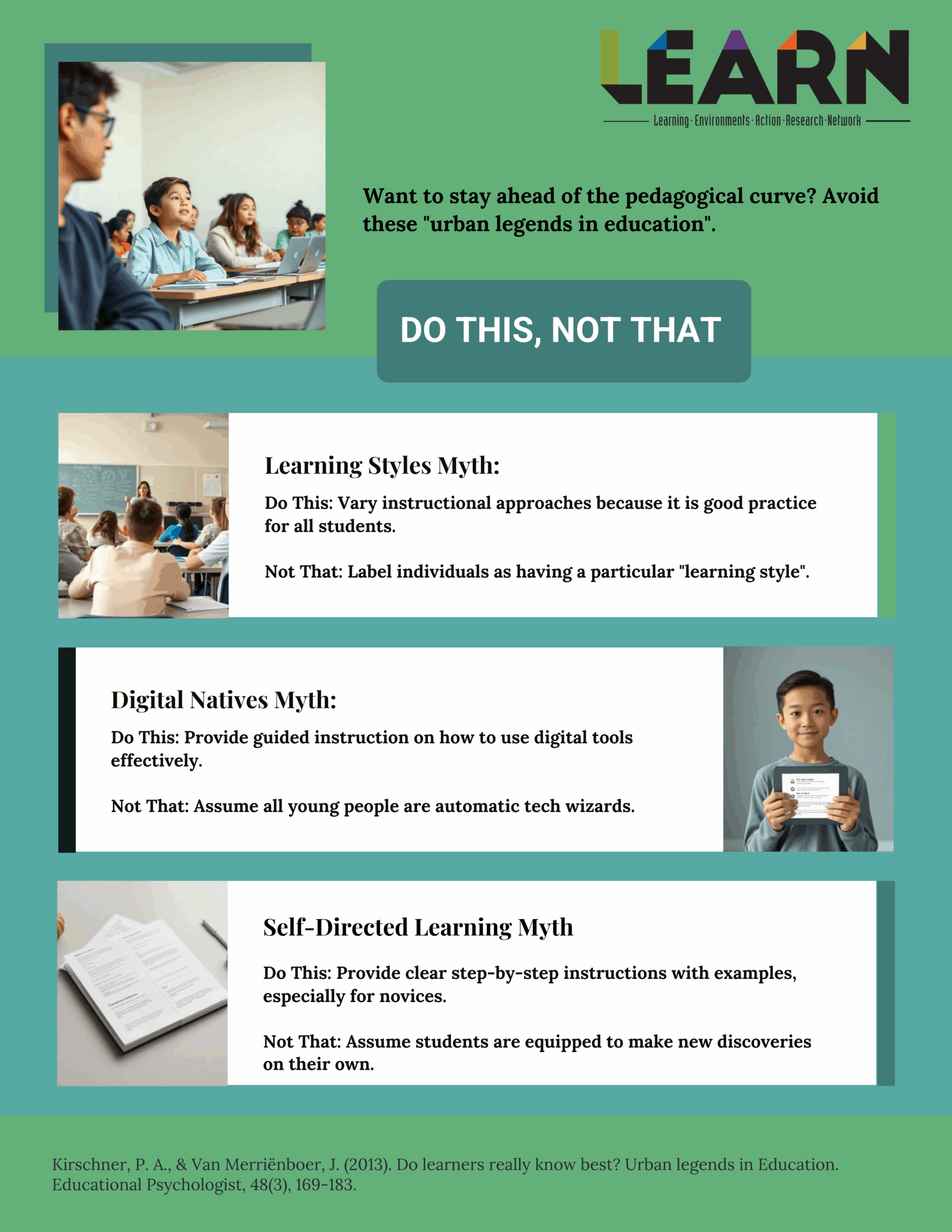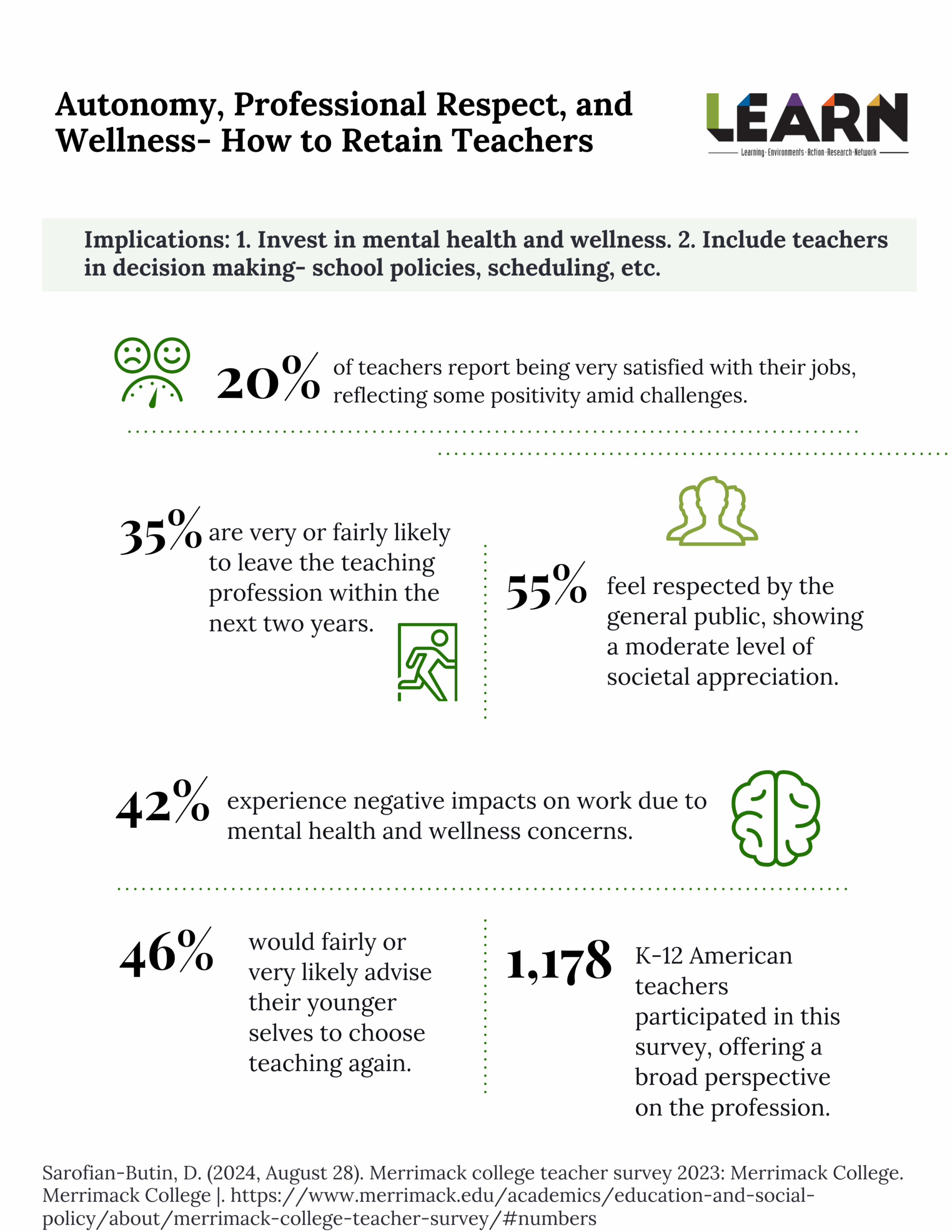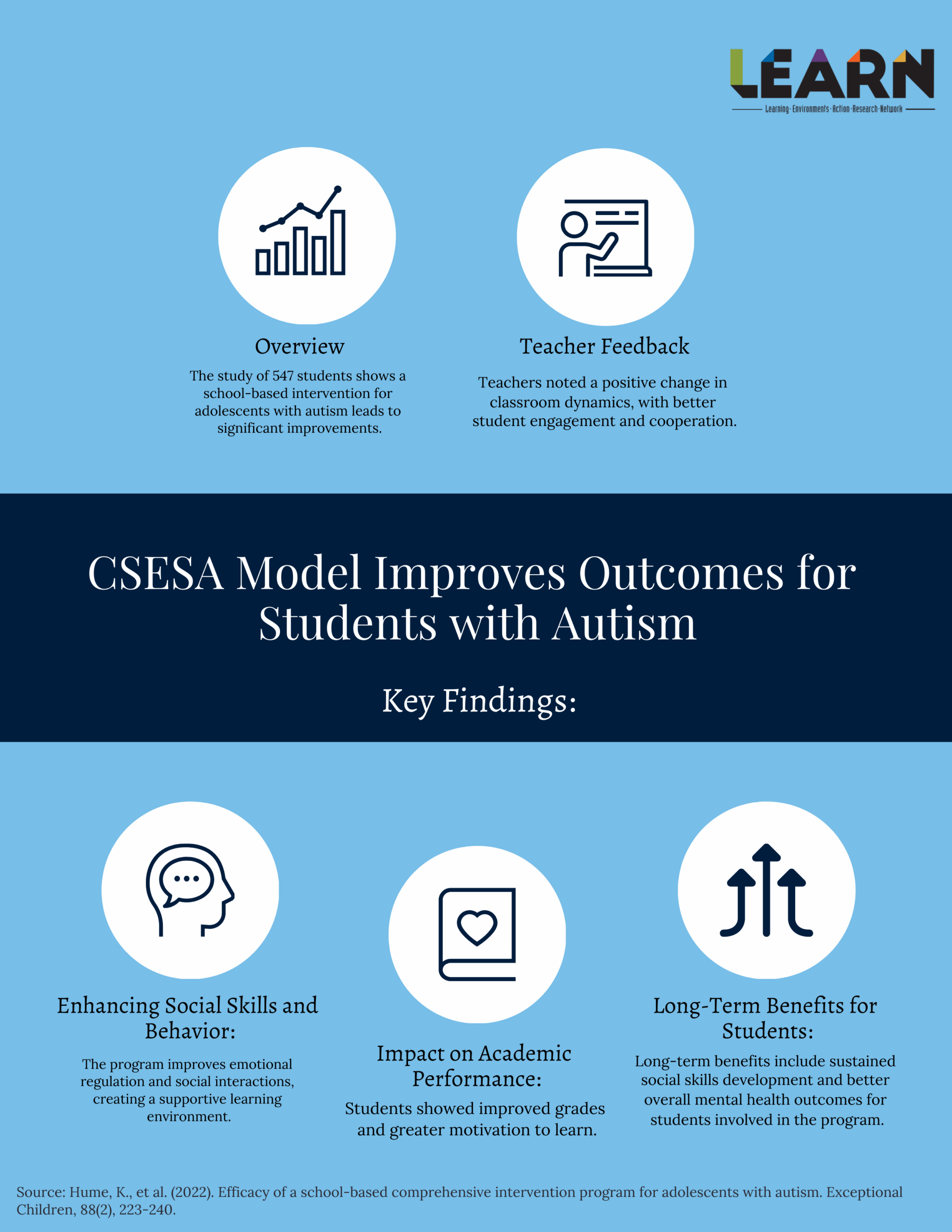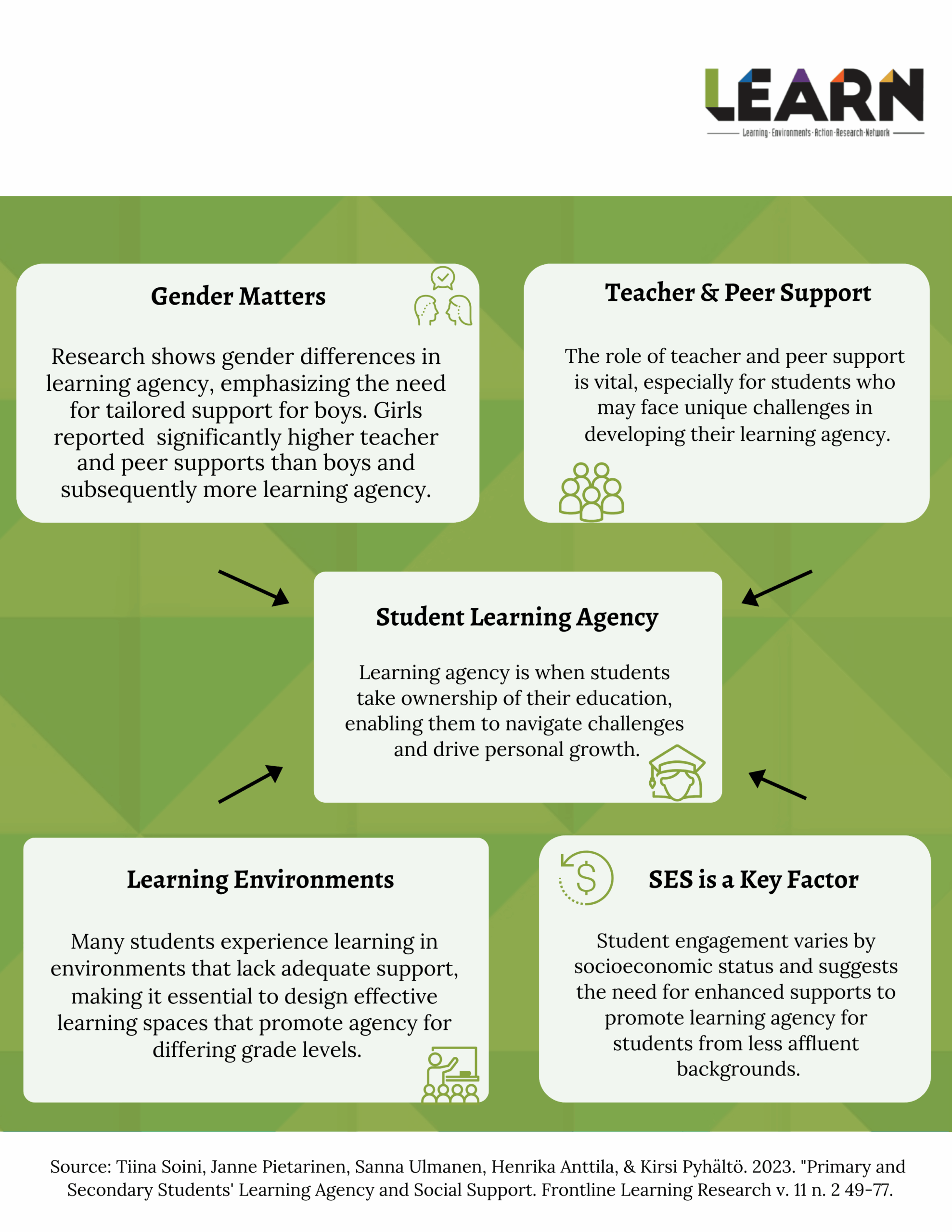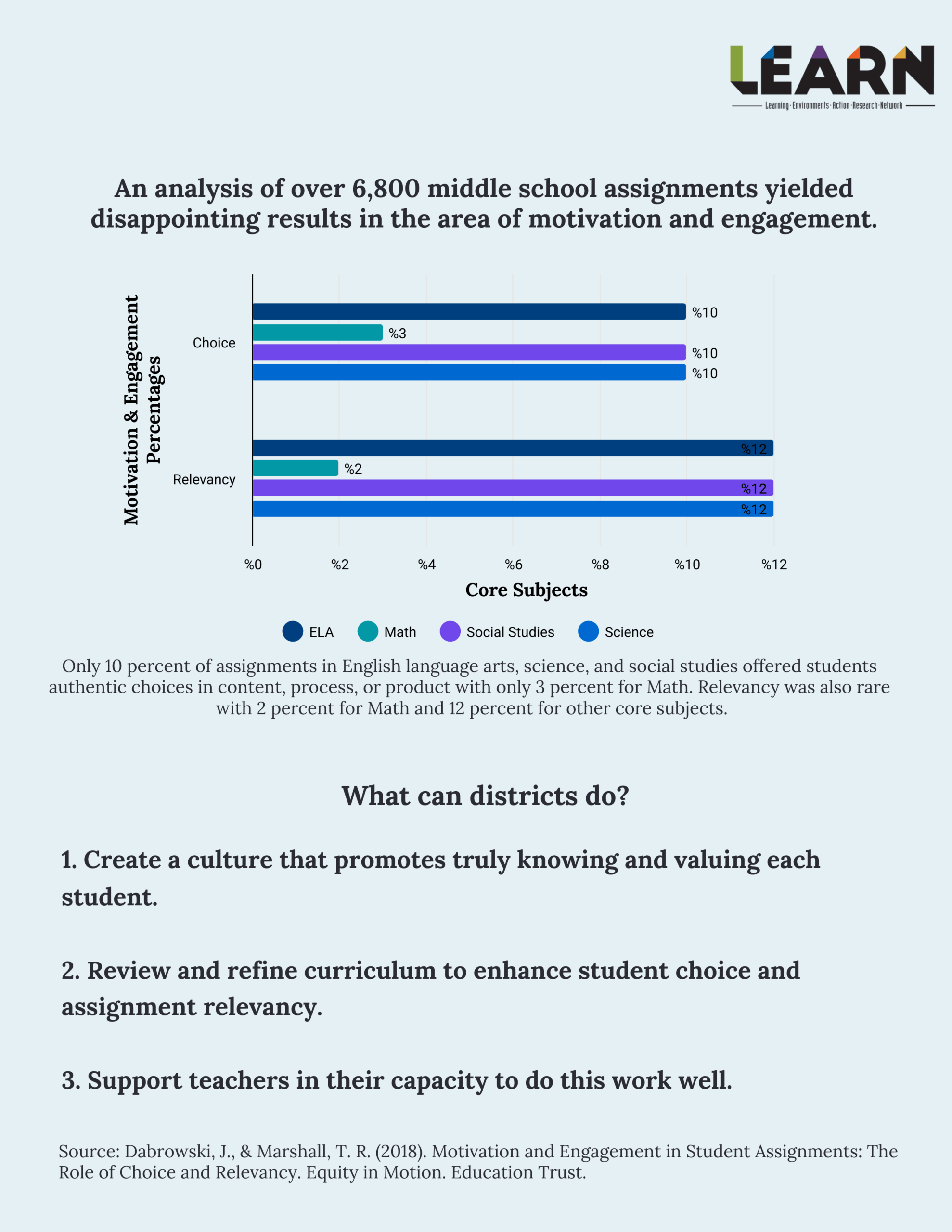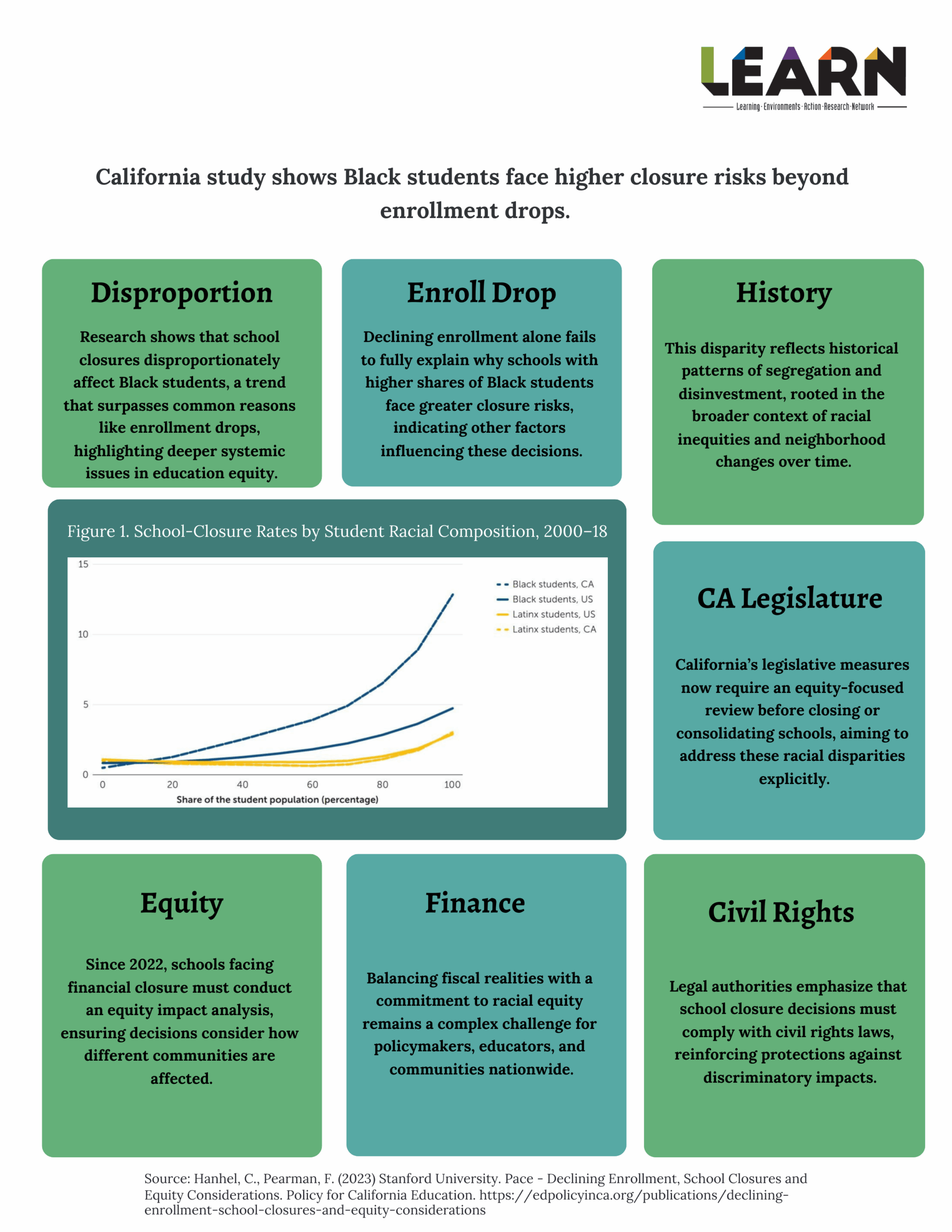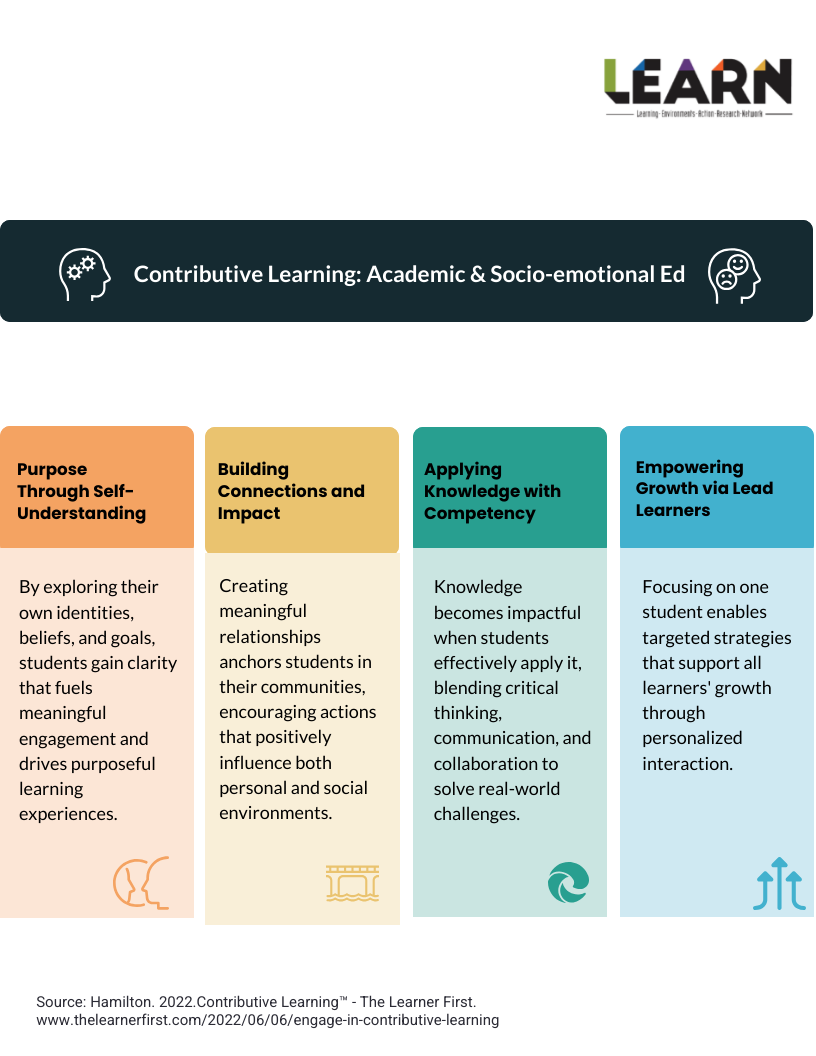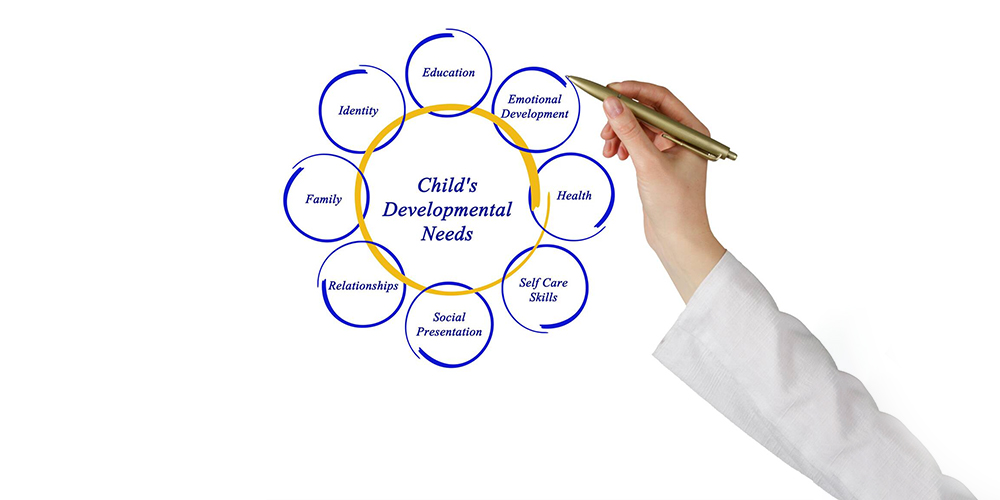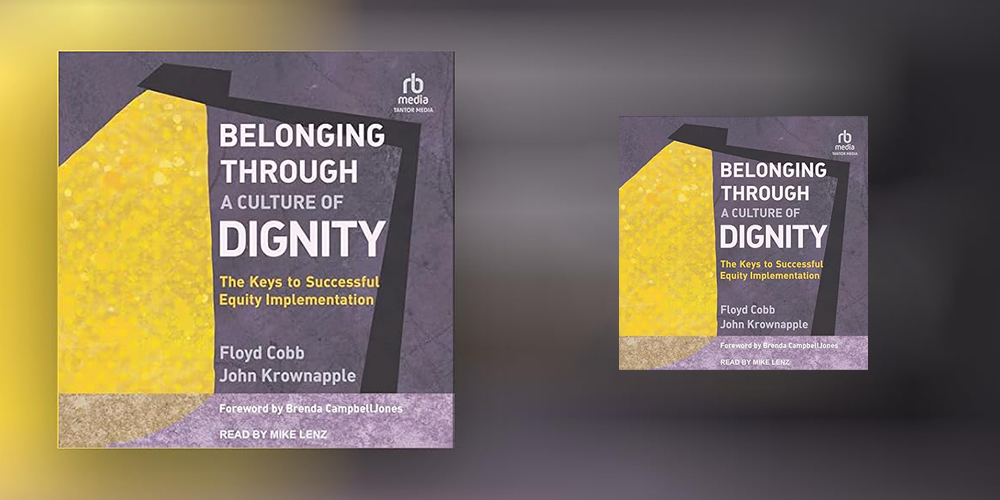SEARCH BY KEYWORDS
SORT BY CATEGORY

3 Marketing Techniques to Attract Families to Your School
Innovation
Institutional Stability
Sustainability
Institutional Stability
Sustainability

Qualitative Study Details Key Motivators for Early Childhood Teachers
Institutional Stability
Sustainability
Teacher Development
Sustainability
Teacher Development
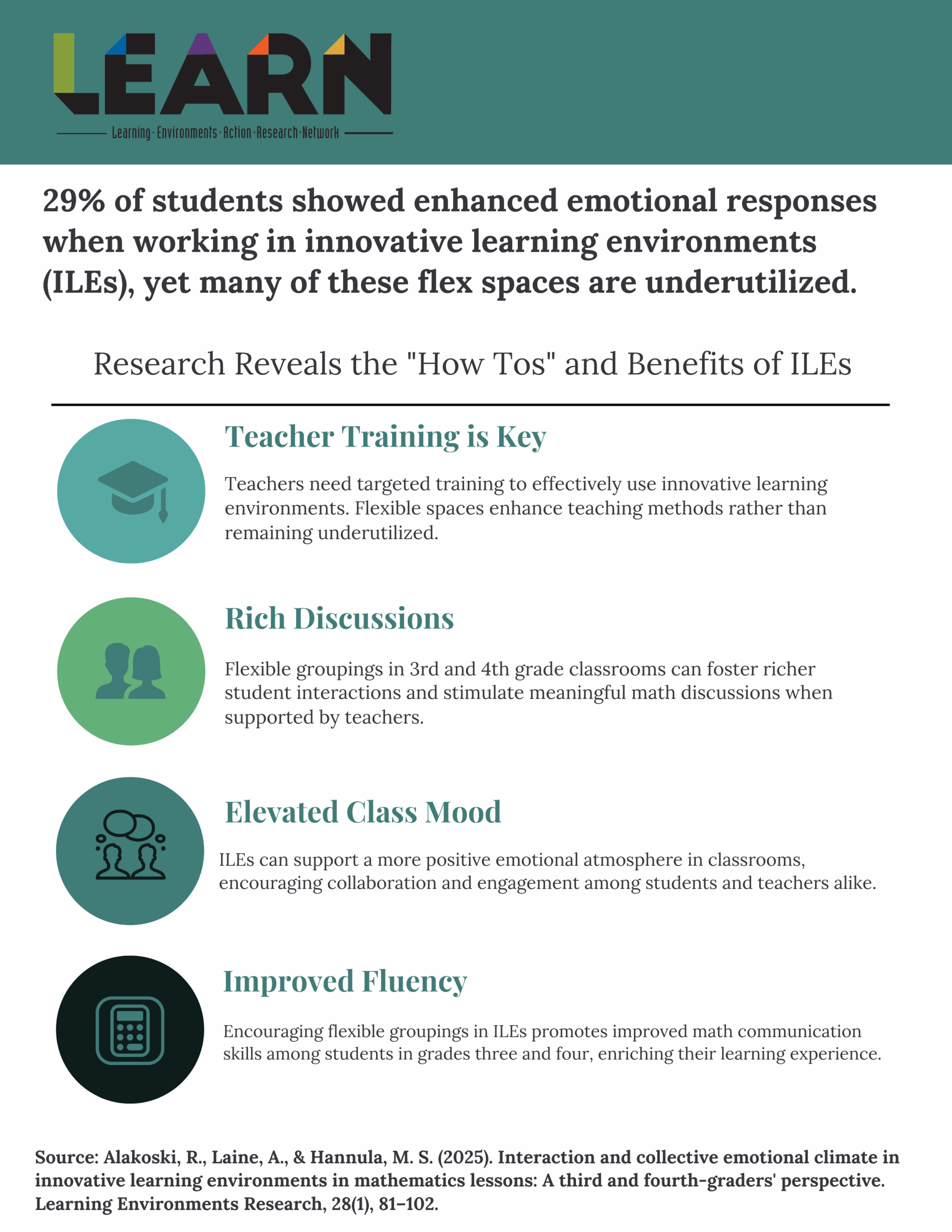
Flex spaces enhance classroom climate and social interactions
Innovation
Learning Environments
Learning Environments

Climate Change & Children’s Health
Sustainability

Wildfires Impact Children’s Physical and Mental Health: What can Schools Do?
Health
Sustainability
Sustainability
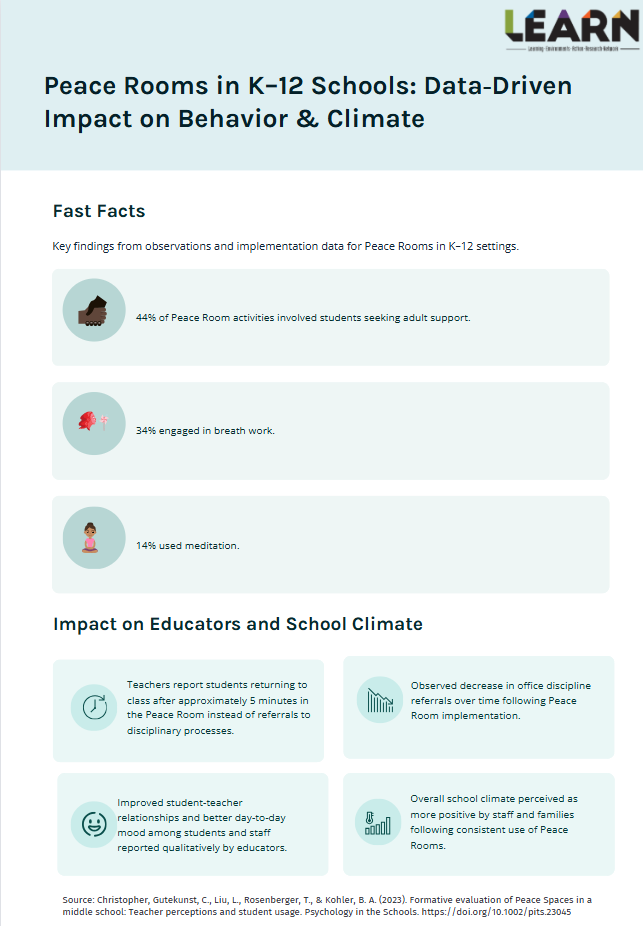
Peace Spaces Found to Reduce Disciplinary Referrals and Enhance Classroom Environment
Counseling and Support
Health
Health
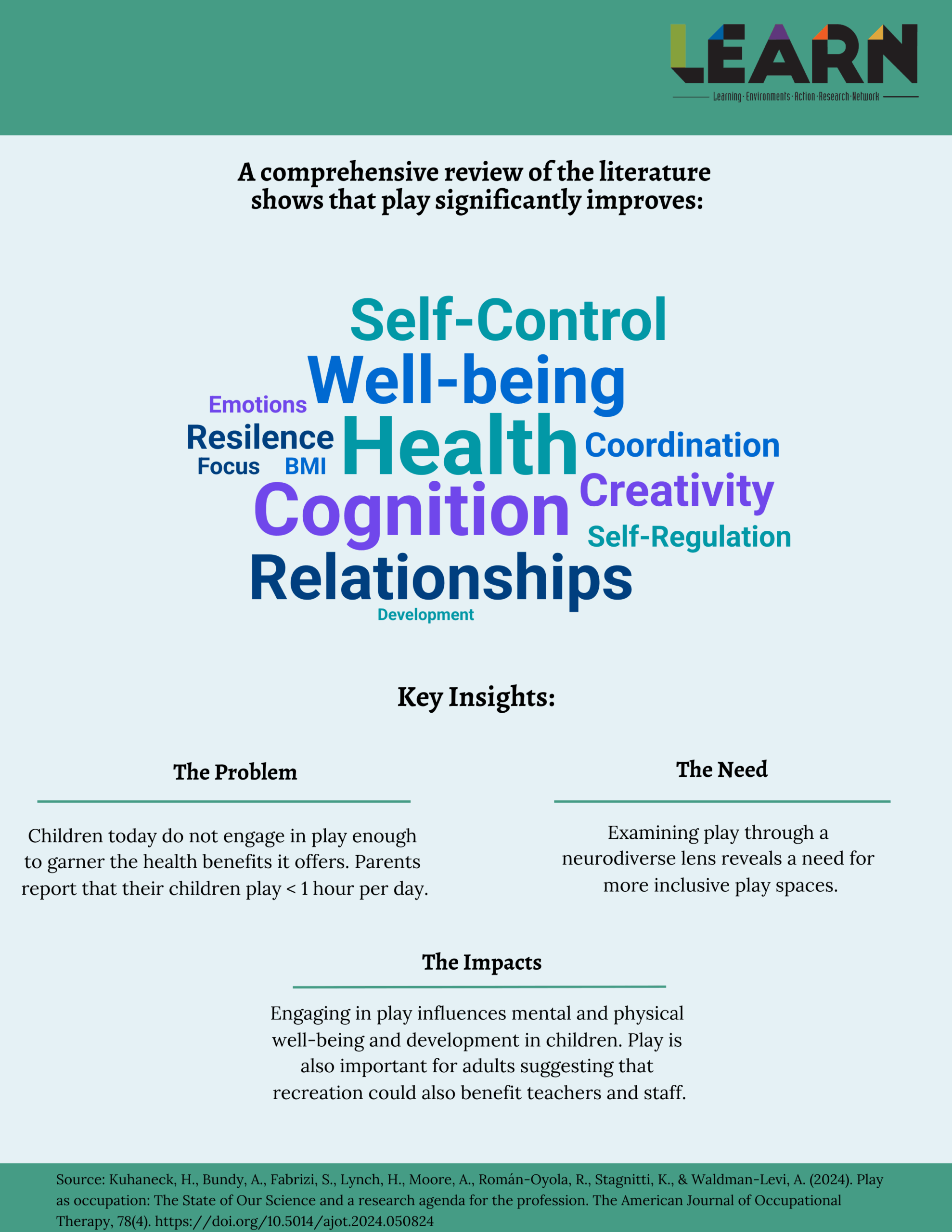
Lit Review- The Power of Play
Access
Health
Health

Lit Review- Effect of Sound-Field Amplification on Children in Primary School
Health
Sustainability
Sustainability

Building a Change-Ready Organization
Innovation

Flipped Tech Training for Teachers
Innovation

Minimize Visual Distractions to Keep Young Learners On Task
Sustainability

Flexible Learning Boosts Engagement
Sustainability

A Synthesis of the Evidence: How School Design Affects Learning
Health
Sustainability
Sustainability

